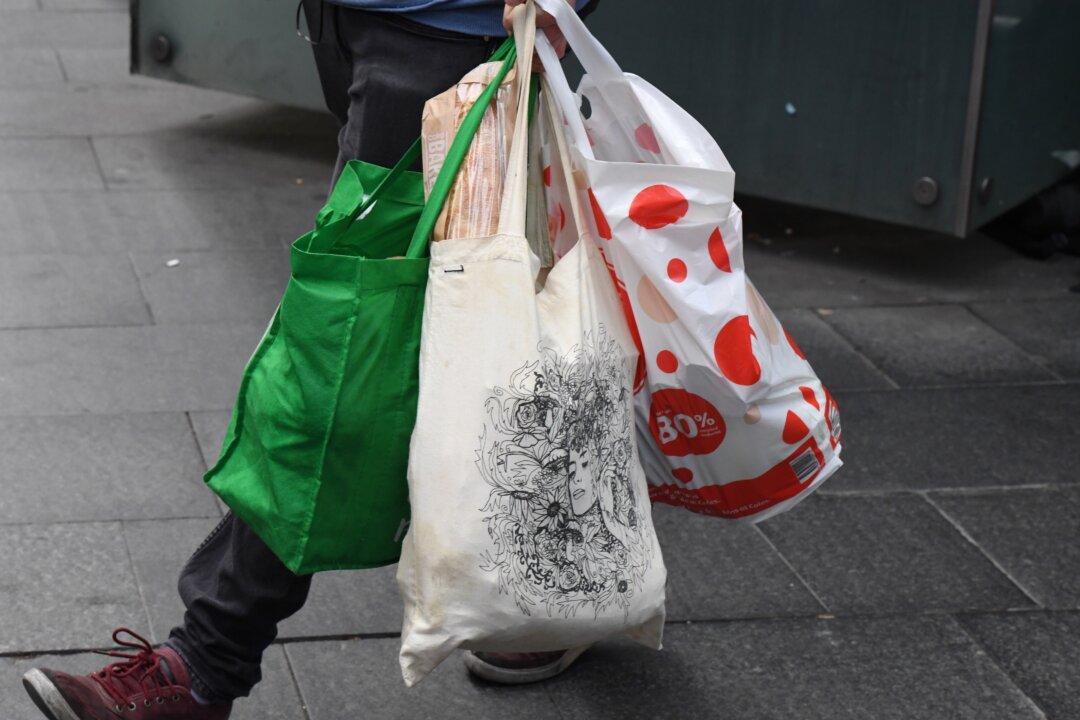About 12,400 tonnes of soft plastic from the suspended recycling program REDcycle could fall under the control of Coles and Woolworths as the two supermarket giants offer to pick up the bill.
REDcycle, Australia’s largest soft plastic recycling scheme, paused its activities in November 2022, after The Age newspaper revealed it had been stockpiling plastic for years rather than recycling.
The investigation revealed thousands of tonnes of plastic kept across 32 storage sites across New South Wales (NSW), Victoria and South Australia.
Further, around 5,200 tonnes of plastic were found to be stored across NSW.
The business has partnerships with 2,000 supermarkets across the country with dedicated collection bins placed in Coles and Woolworths.Coles and Woolworths on Friday said by taking on the responsibility for the stockpiles, they hoped to help prevent soft plastics from ending up in landfill. An interim strategy, such as storing material until it can be viably processed for recycling, will be underway.




